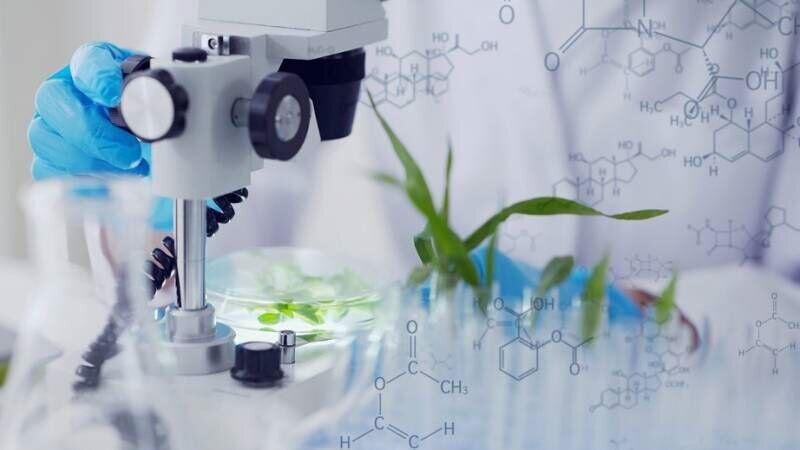Biotechnology plays key role in 60% of sustainable development goals

TEHRAN – Biotechnology, as one of the highly promising scientific fields, plays a key role in achieving sustainable development goals (SDGs), as it holds a 60 percent share of the goals related to life sciences and their applications directly or indirectly.
Sustainable development highlights practical ways to live in a healthier, more sustainable, and just world. Sustainable development means creating a balance between economic progress, social welfare, and environmental conservation, in a way that would meet the needs of the present generation while preserving resources for future generations.
The 2030 Agenda for Sustainable Development, adopted by all United Nations Member States in 2015, provides a shared blueprint for peace and prosperity for people and the planet, now and into the future. At its heart are the 17 sustainable development goals, which are an urgent call for action by all countries – developed and developing – in a global partnership, according to the UN website.
They recognize that ending poverty and other deprivations must go hand-in-hand with strategies that improve health and education, reduce inequality, and spur economic growth – all while tackling climate change and working to preserve our oceans and forests.
Biotechnology offers innovative solutions to help address environmental challenges and improve the quality of human life.
Using diagnostic kits for early detection of diseases, environmental pollution, producing non-pesticide pests, and effective, affordable medicines and vaccines to improve public health, purifying contaminated water with the help of bacteria to ensure access to safe water, and making biodegradable packaging, which is eco-friendly, are among the applications of biotechnology for sustainable development.
Achieving sustainable goals is not merely the responsibility of governments or companies; individuals also play a crucial role by making smart choices and changing their habits. In laboratories, these choices include separating biological, chemical, and general waste, utilizing recyclable and compostable laboratory kits and materials, using cellular or biocomputational methods instead of animal experiments, and designing experiments with minimal raw materials and waste generation.
Sustainable development means living smarter, not harder, and taking small steps to make a brighter future.
Iranian biotech products target 35 countries
Over the past Iranian year (March 2024 – March 2025), biotechnology products were exported to 35 countries worldwide, an increase from 33 countries the previous year.
The pharmaceutical biotechnology industry saves some two billion dollars in foreign currency annually, covering 60 percent of the country’s pharmaceutical exports, IRNA quoted Hossein Amirazodi, the secretary general of the association of pharmaceutical biotechnology producers and exporters, as saying.
The official made the remarks addressing the 4th International Conference and Exhibition on Iranian Medical Biotech Products and Related Industries (Iran Bio) being held from February 4 to 6 at the Olympic Hotel in Tehran, IRNA reported.
Currently, the country produces 40 out of 150 pharmaceutical biotechnology products that are manufactured in the world, he said, adding that the achievement has been made over the course of 30 years.
Iran Bio aims to feature the capabilities and potentials of the national biotechnology industries, provide an opportunity for information and technology transfer, increase synergy among researchers, experts, and active members, showcase the latest achievements in biotechnology, and support domestic manufacturers by expanding markets and export opportunities.
MT/MG
Leave a Comment